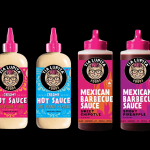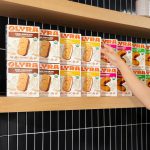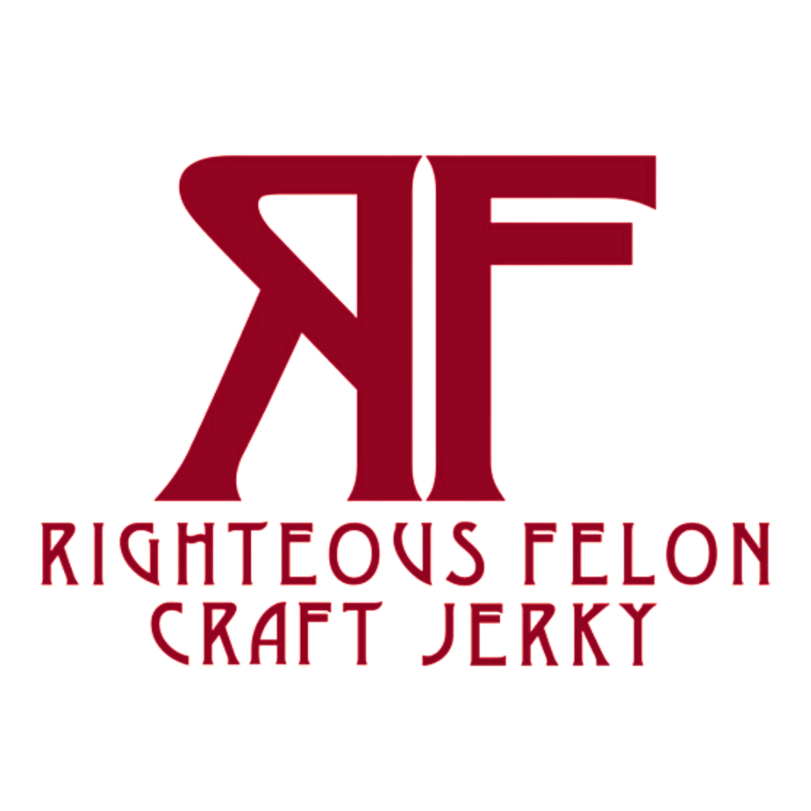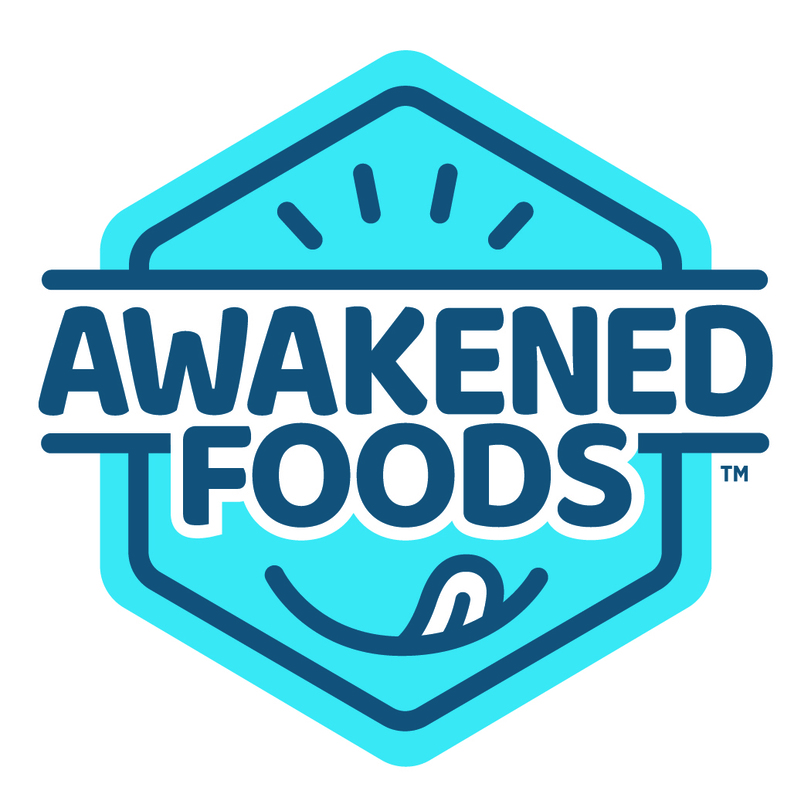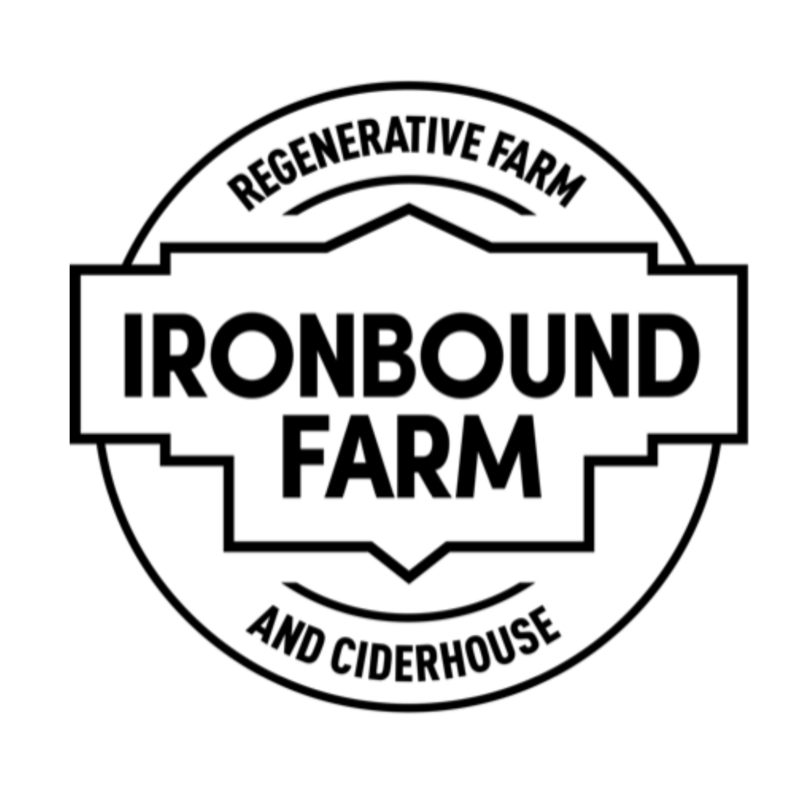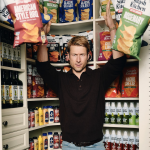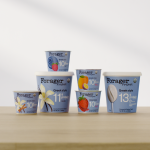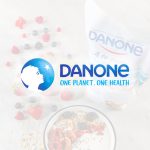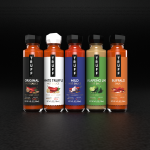NBTF Looks for Fruitful Sales in Jerky
Two years after the co-op behind Welch’s food created fruit-bite brand Nothing But the Fruit (NBTF), the snack label is releasing its second juicy innovation: vegan fruit jerky. The portfolio expansion is part of the co-op’s strategy to show consumers the viability of its harvests goes beyond grapes.
The fruit-forward company announced the new line — made with purees, plant-based protein and inclusions — last month. Fruit Jerky follows NBTF’s line of fruit bites, which are currently sold nationwide in Starbucks and 2,000 retail locations including Target and Meijer.
“We always ask the question, ‘how might we,’” Joe Del Regno, president of NBTF, told NOSH. “And this is a perfect storm of a lot of major trends. You can’t go to a trade show and not stumble across one brand after another of artisanal meat jerky so that is a really hot trend. But then you have the vegan trend, and gluten-free, and plant based protein.”

In stark comparison to most vegan jerky options on the market, Fruit Jerky touts 12-15 grams of plant-based protein per bag and is derived from fruit rather than vegetables. The line also is embracing a “sweet and savory” profile rather than trying to mimic the flavors typically found in meat snacks. NBTF will launch the line early 2018 with three varieties — Salted Watermelon Jalapeno, Concord Strawberry Ginger Coconut and Mango Chili Lime Pepitas — that will retail for between $3.99 to $4.99 per three-ounce package.
NBTF brand manager Erika Jubinville told NOSH that the company will use the launch as a kickoff for an overall rebrand across its family of products, which are sold in over 2,000 of points of sale. The new look, designed by innovation house Seed Strategy, is expected to be deployed across its entire portfolio by March of next year. While NBTF’s old packaging featured a more rustic, craft look, the new packing will sport a vivid, geometric pattern.
The goal, Jubinville told NOSH, is to better stand out on shelves and appeal to a younger, millennial consumer. With the original bite line, the company found that the product initially attracted moms who were looking for a natural, on-the-go snack for their children — and then began sneaking bites from the bag for themselves. Because of this, the company wanted to create a snacking concept with a flavor profile more suited for adults, with bold packaging to match the bold flavors.

Once the redesign is complete, Jubinville said the company plans to focus on brand awareness and messaging. In particular, the brand hopes to tell consumers about its unique origin story. NBTF’s founding premise and mission was to elevate and incorporate grapes and fruits grown by the National Grape Co-op, a co-op of 905 small family farmers across the U.S. who grow grapes and other fruit, into healthy snacks.
“Looking for new ways to move the crop other than grape juice, [The co-op] invested in a healthy snack startup, which is NBTF,” Del Regno said. “So we have 905 owners and we exist to find the white space, to bring the goodness of the harvest, and we strive to do it in disruptive new ways and our jerky is an example of that.”
Although the co-op already has a successful brand under Welch’s, the decision was made to create a new brand in order to use a wider variety of the farmers’ harvests in even more innovative and on-trend ways. While the co-op’s mission narrows NBTF’s scope in what they can produce, it also gives the brand a financial cushion. To date, the National Grape Co-op, which includes fruit beverage and food-maker Welch’s, has invested $6 million into the independent company NBTF.
Del Regno refers to the business model as “co-op-onomics.” Although NBTF needs to be successful in order to show proof of concept for the ingredients, it doesn’t need to be a profit center for the co-op. Furthermore, the brand can afford to price their products more competitively than other smaller brands, taking lower gross margins in order to get the products into more retailers. Jubinville said this model gives the company plenty of runway on its innovation pipeline and the ability to take risks with more category pushing products such as Fruit Jerky as long as they champion fruit.
“It allows us to stay focused on a mission and it also allows us to celebrate american farming, which is one of our largest statements on our [jerky] pack: That 100 percent of our profits go back to the growers,” she said. “It’s a focus on supporting that American farming way of life and making sure it stays strong in this country.”
